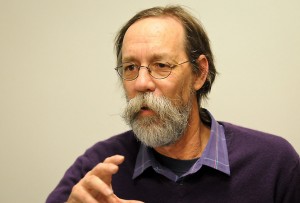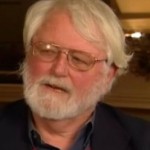The following bills were introduced that dealt with Data Practices, Open Meeting Law, and general open government issues:
Data contained on an event data recorder are “personal data” of the owner of the motor vehicle, and shall not be retrieved except in seven circumstances, including after the presentation of a warrant. No person may alter or delete data after an accident, unless a “reasonable amount of time” has passed since the accident.
Certain data maintained as part of the mileage-based user fees test are classified as nonpublic or private data, including names of participants, applications of the purchase or rental of GPS devices, and road usage data.
Classifying certain contract information related to Department of Transportation projects.
Repealing the administrative remedy for Data Practices violations through the Office of Administrative Hearings. The District Court remedy remains.
Data maintained by the Department of Administration that identifies an individual with a disability relative to certain services is private data.
Broadening the definition of data classified as “security information” to include the mailing addresses, e-mail addresses, and GPS locations of members of a crime prevention program.
Existing library user data classifications cover data held by vendors who are providing electronic data services under contract with a library.
Data on applicants, users, and customers of public transit collected by the Met Council are private data.
Conference committee negotiations must be open to the public; meetings between the senate majority leader and the speaker of the house to negotiate the state budget must be open to the public.


